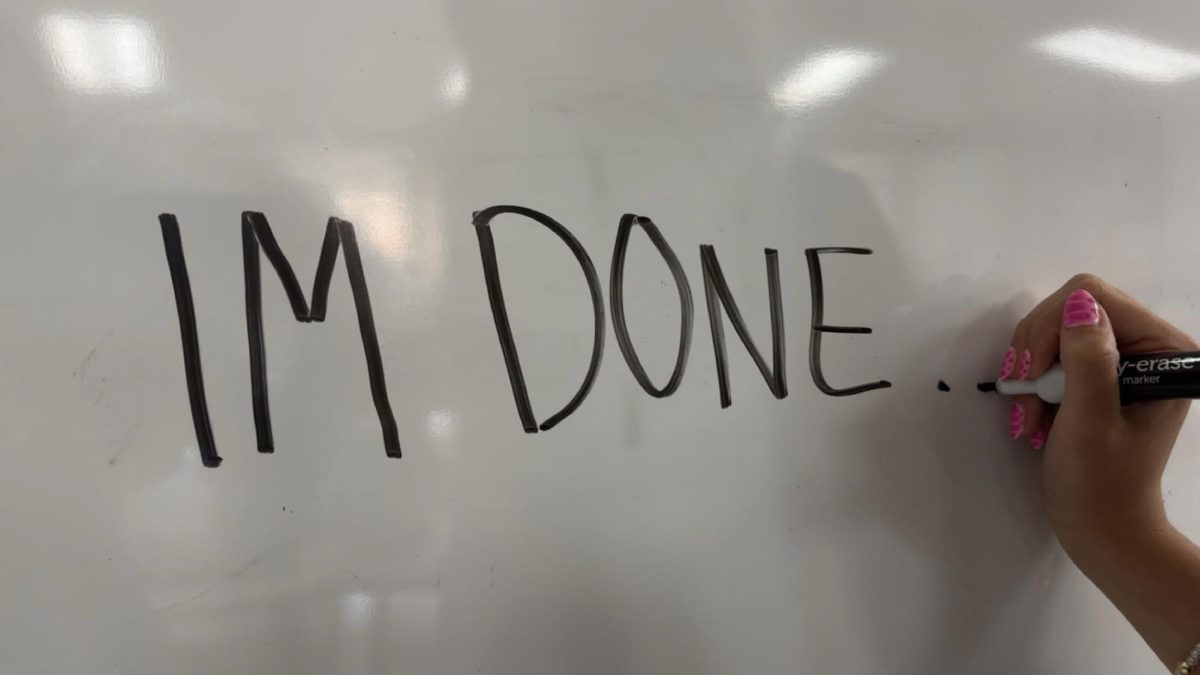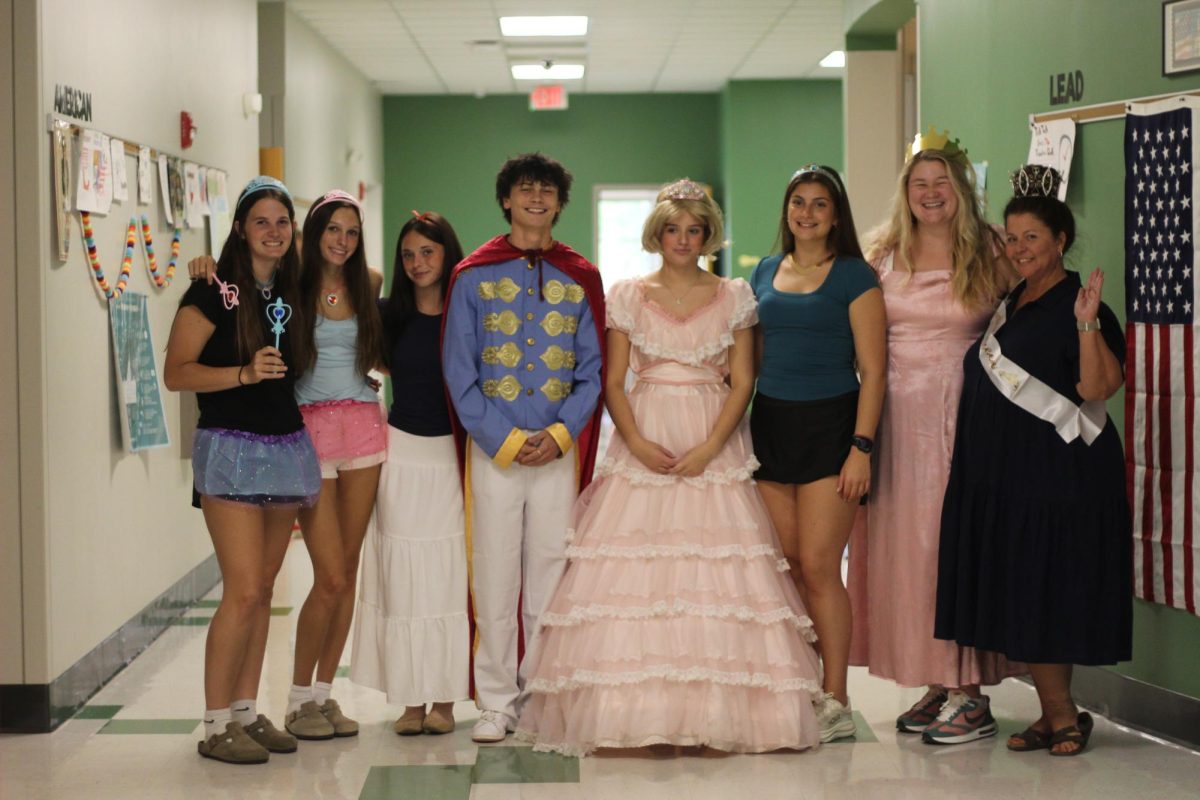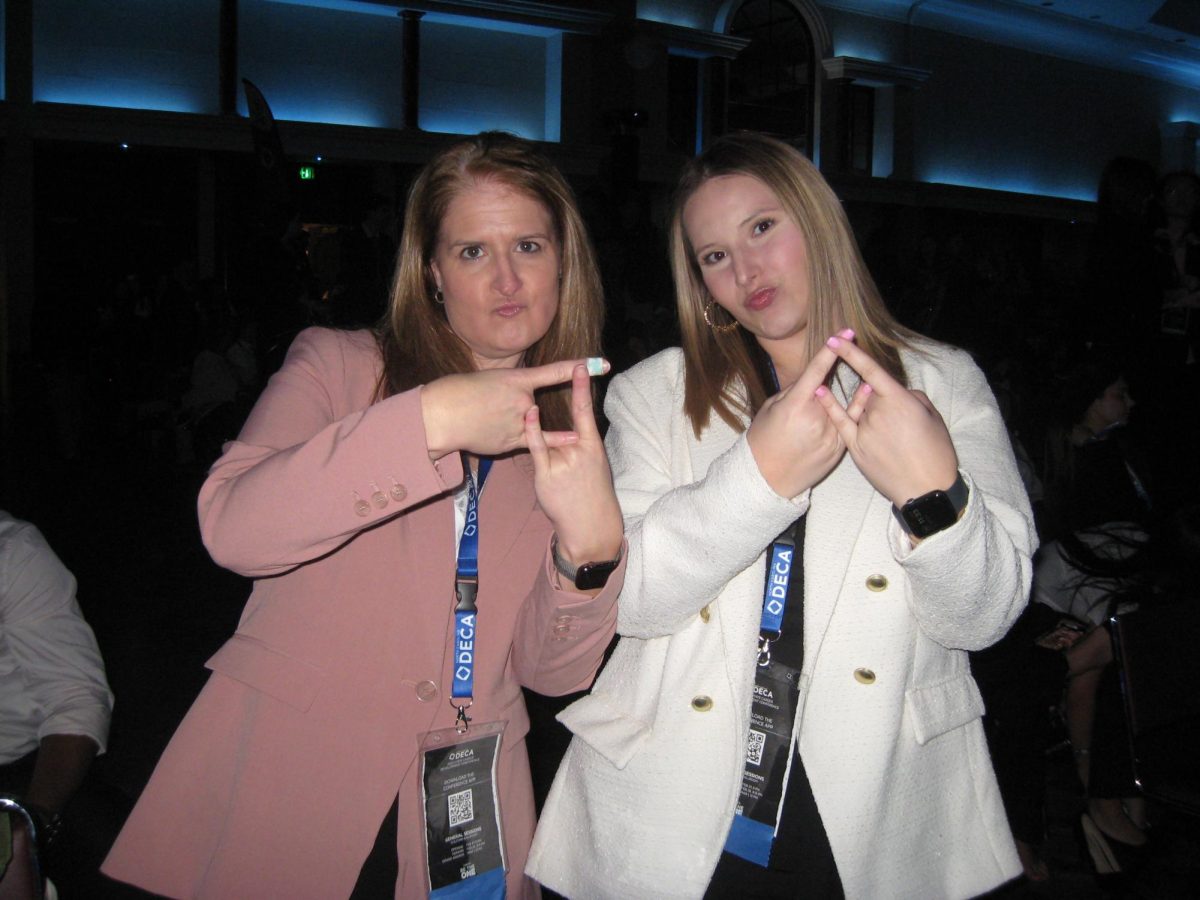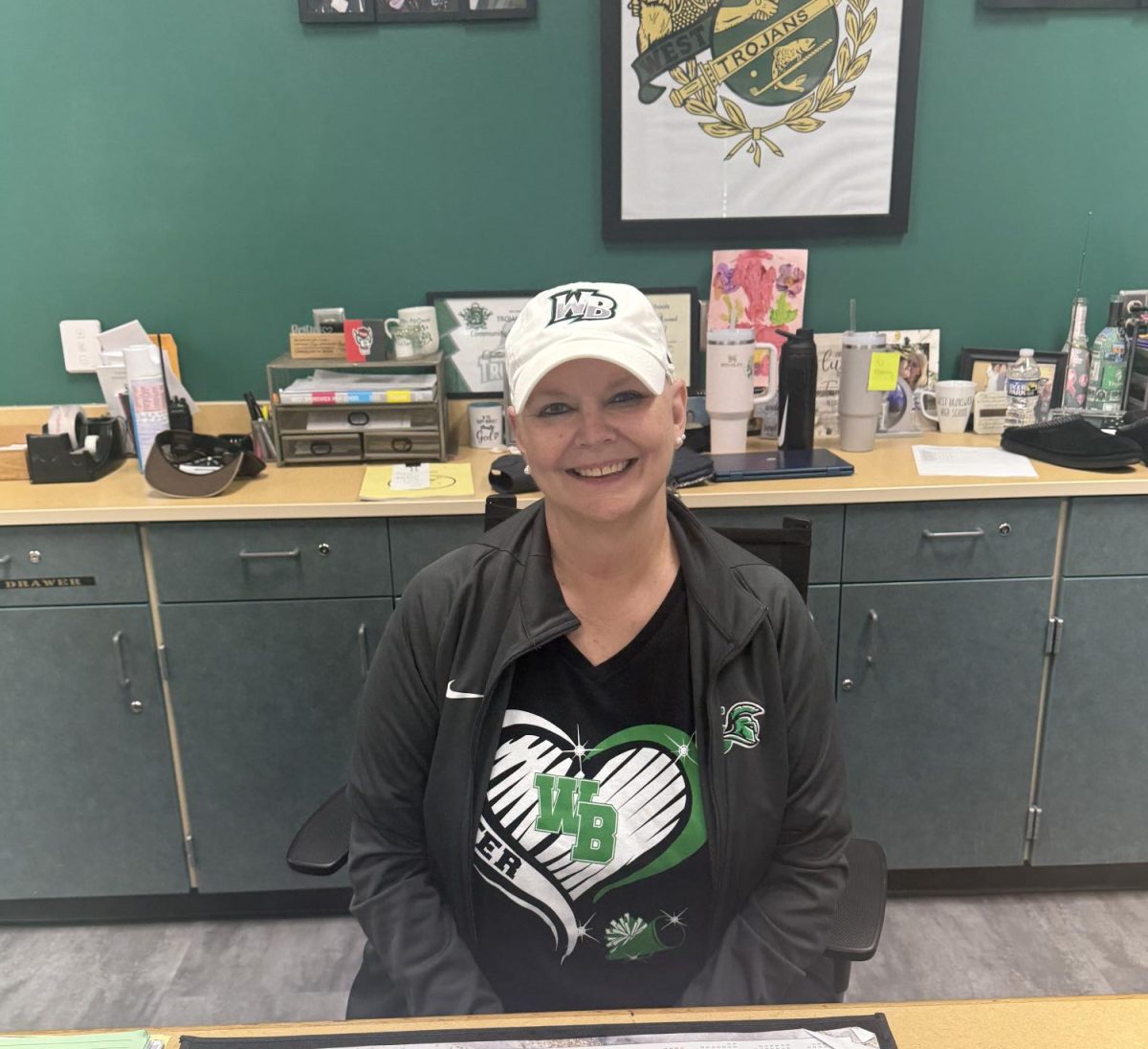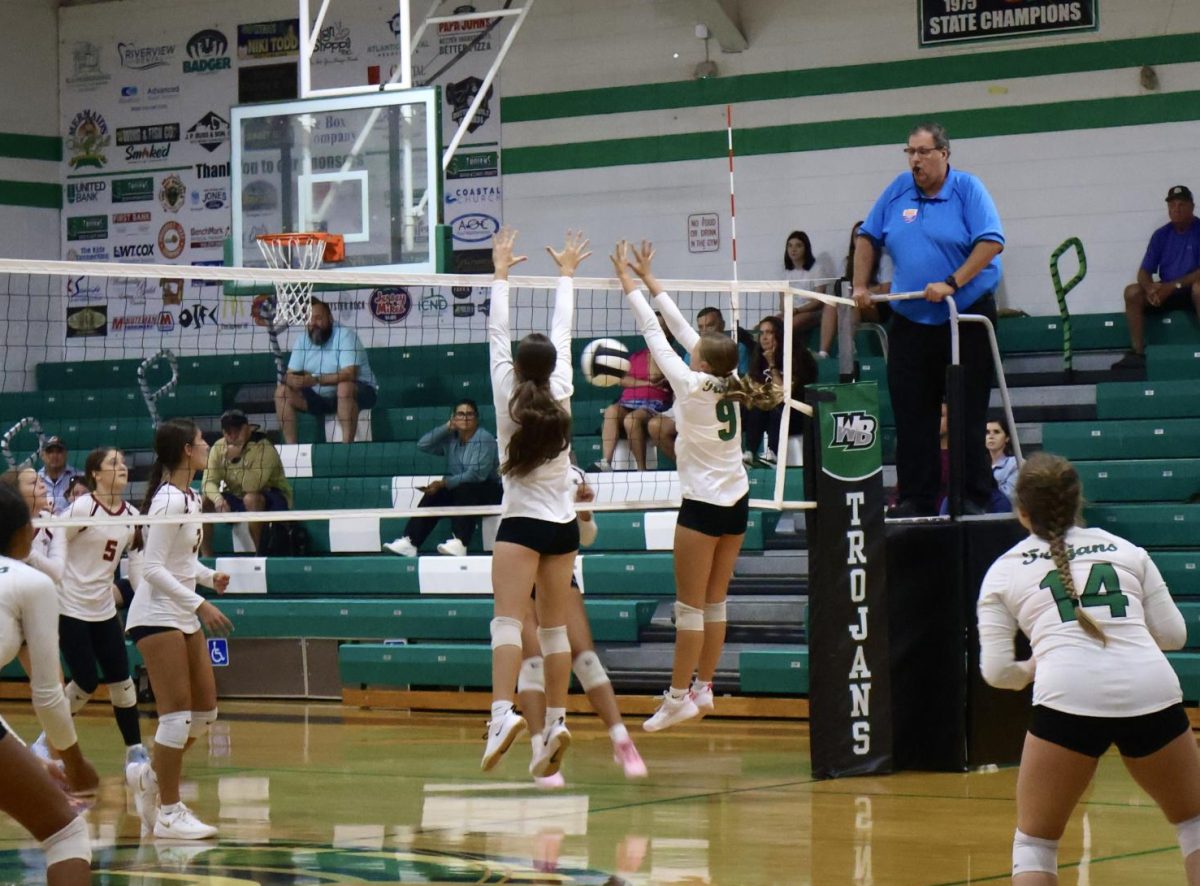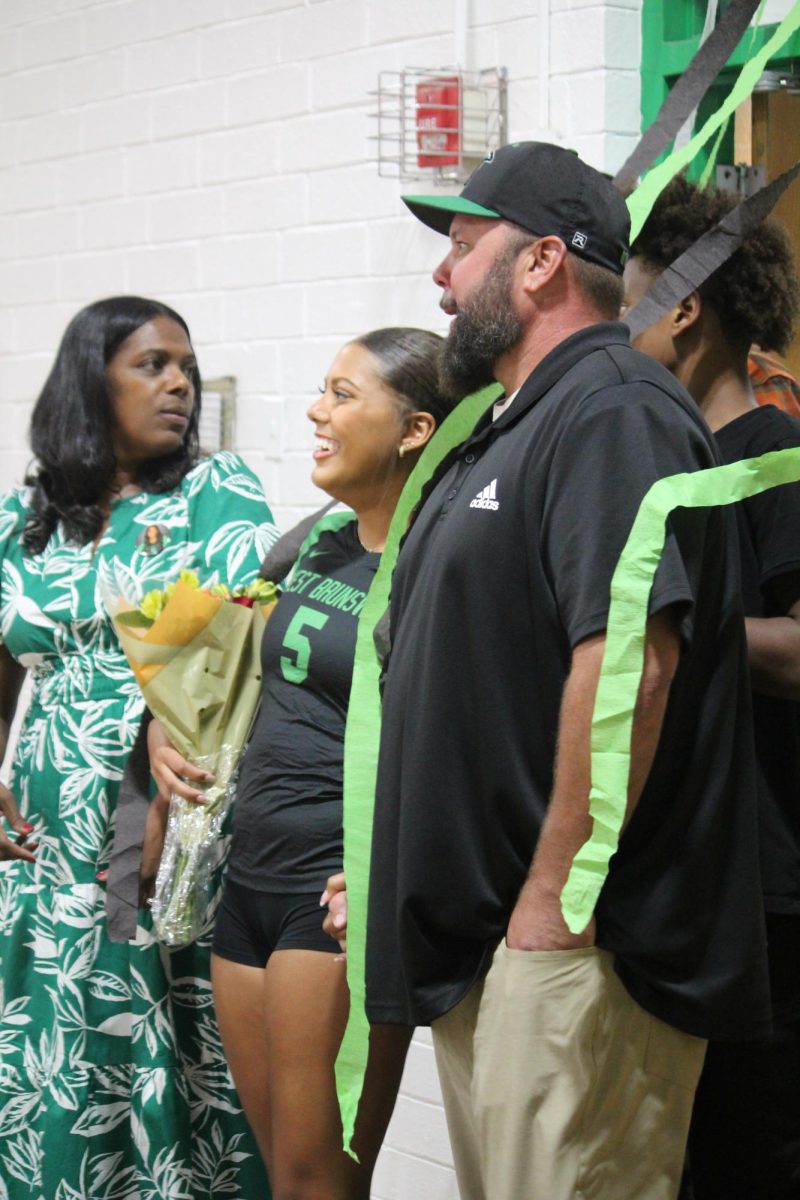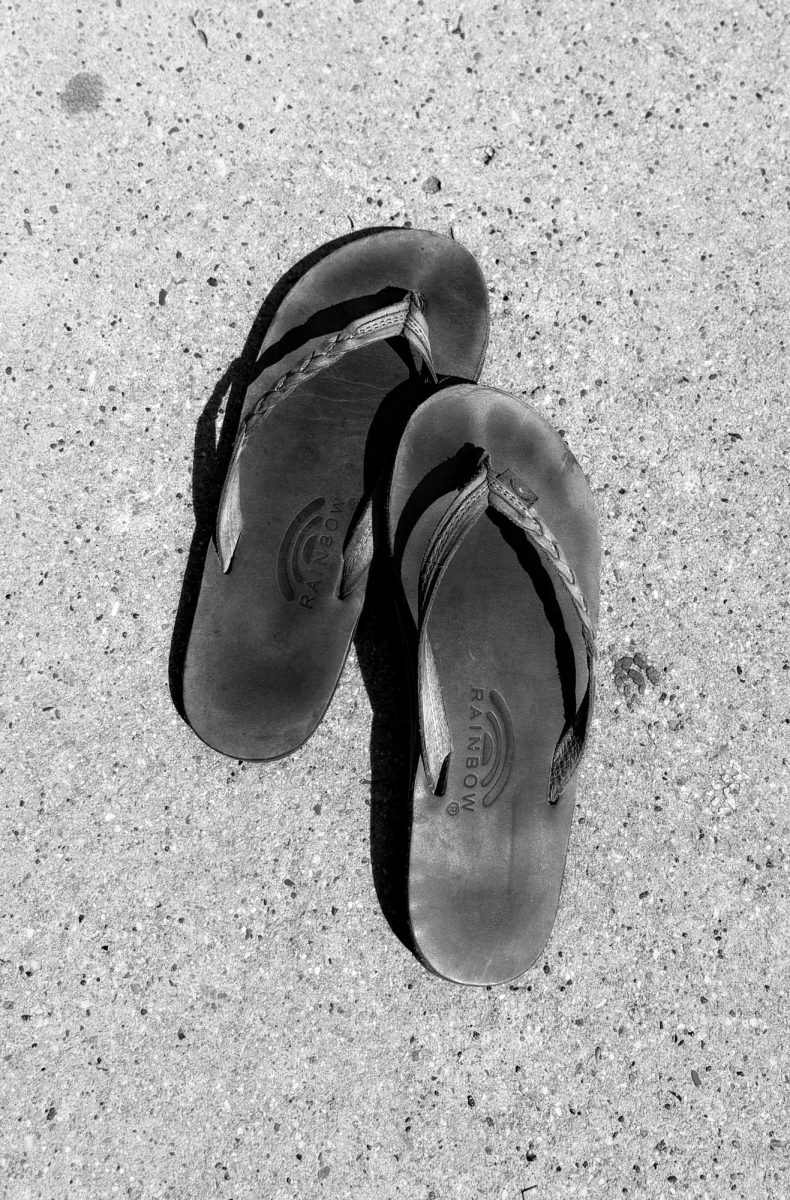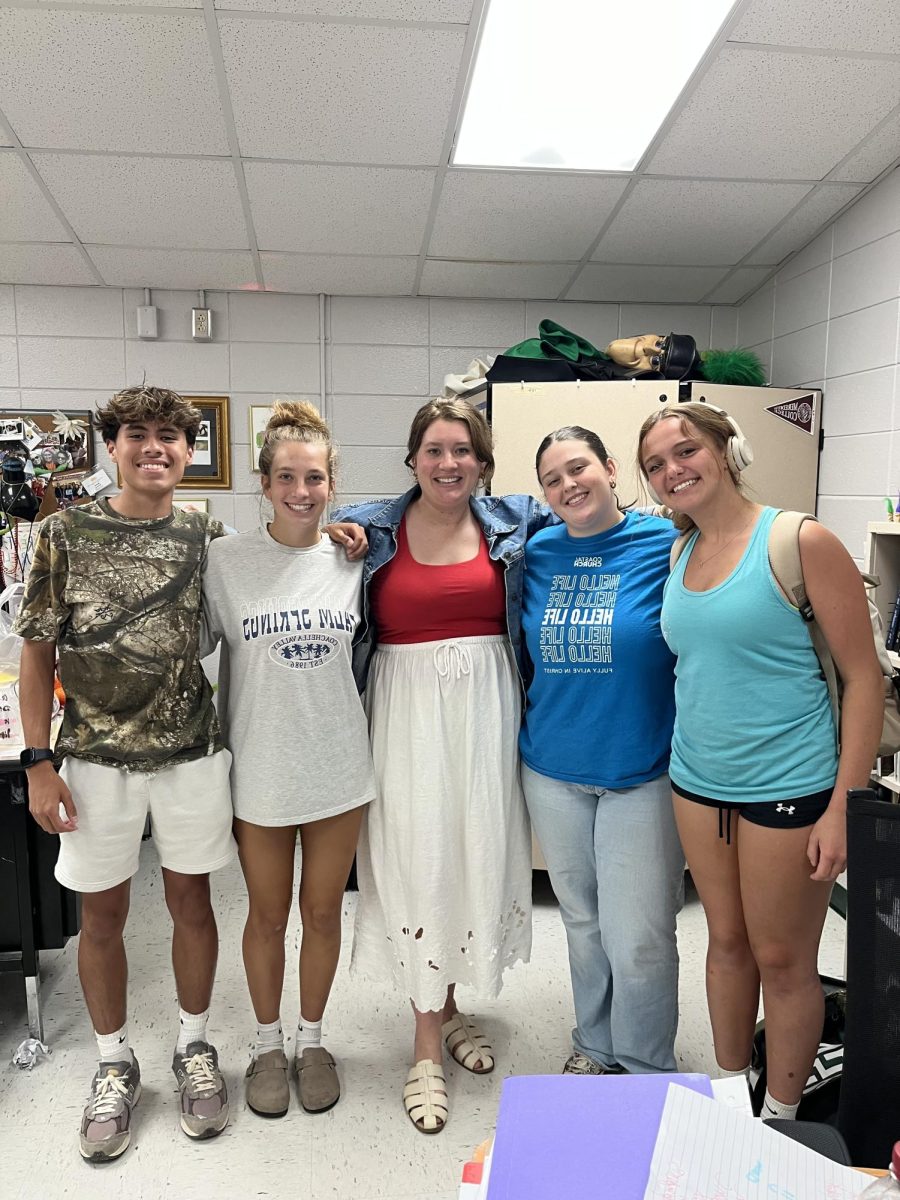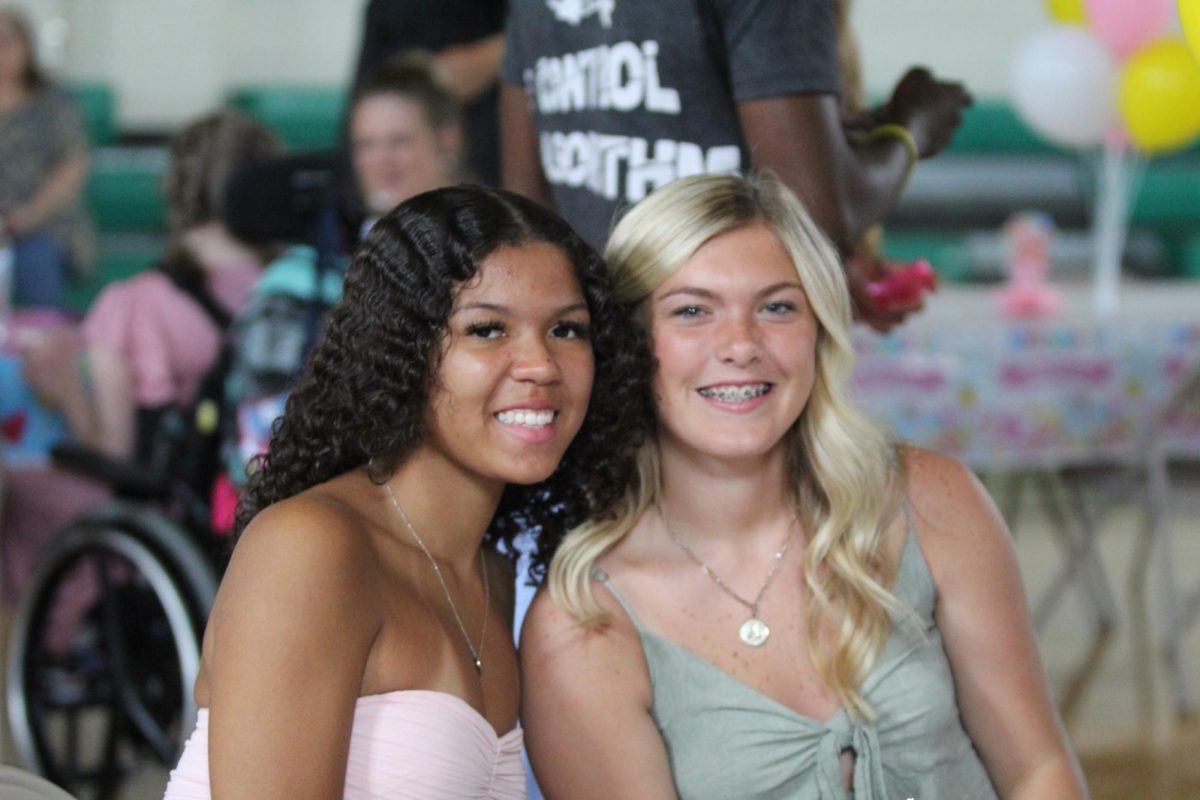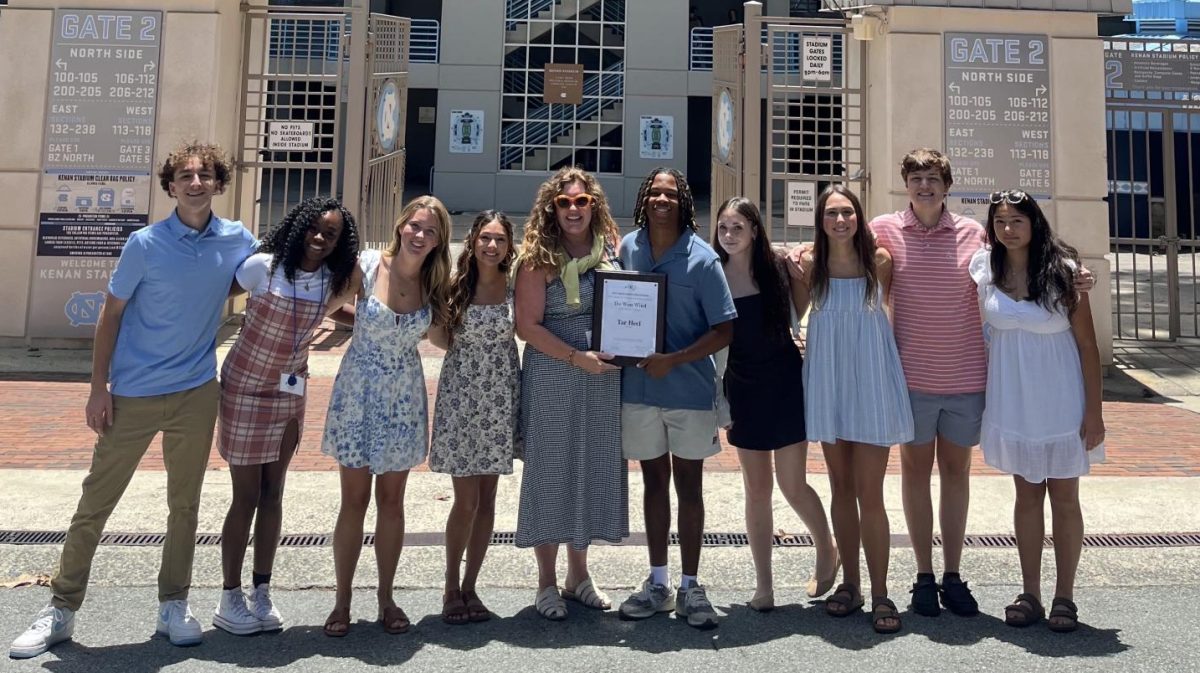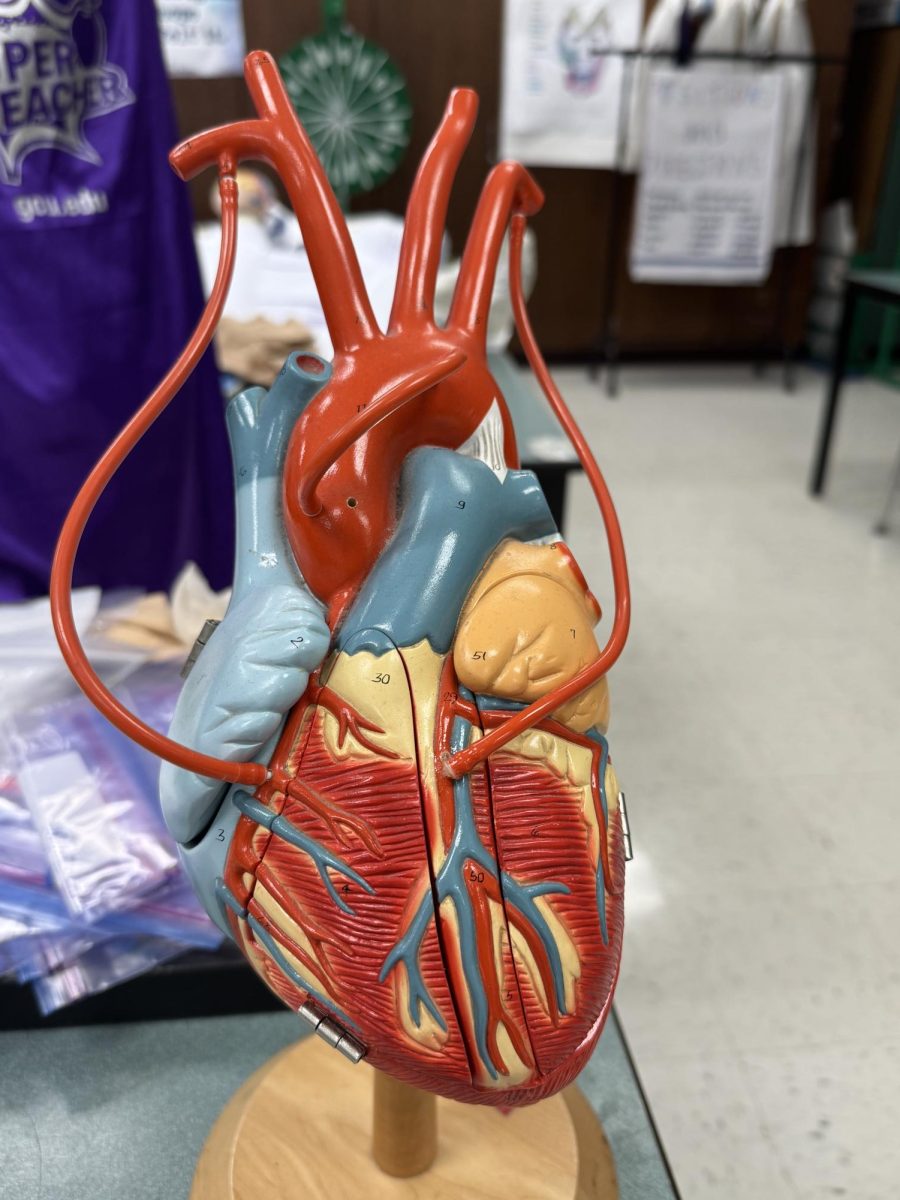Becoming an organ donor is a great way to offer a second chance at life to those in need. However, there are many factors that get put into play when deciding whether or not you should register.
The need for organ donors has increased significantly over the years. This is due to the rise we are seeing in people with end-stage organ failure.
“When I got my license, I chose to be an organ donor,” said senior Presley Adams. “I know it would be helpful to others and I know that if I needed an organ transplant, I’d be thankful for someone who was a donor.”
According to research done by Donate Life California, Nearly 114,000 Americans are currently waiting for an organ transplant, and an organ transplant may be their only remaining option to have a chance at life. Donating an organ can be life-changing for people who may be in a life or death situation. It is not only rewarding to you but can be rewarding to a family who knows their loved one is going to be saved.
“I have a friend whose husband was experiencing kidney failure,” said health science teacher Jenny Rohr. “They made a social media post to reach out to the community and that post actually found a match for someone who was willing to donate a kidney to save his life.”
However, with the variety of positive effects that donating your organs can have, there are some negative effects that cause many people not to register as organ donors.
“I’m not an organ donor personally,” said sophomore Mackenzie Ward. “It’s just not something I would do, and I think there are risks people don’t talk about.”
When donating your organs, many feel as if living donors can face risks. Like infection, pain, surgical risk and more. They also feel as if recovery can be challenging and it could take a long period of time to rest and get back to normal, not to mention costs associated.
Another argument against organ donation is with religion. Some feel it can cause problems within the afterlife, could affect culture and tradition and also think their organs could be misused.
Despite the challenges, the negatives of organ donation cannot outweigh the positive impacts and hope that organ donors can bring.
“When I die, I won’t need my organs,” said senior Jayfren Ortigoza. “I’d just like to give back to the people and help others who need it more than me.”




